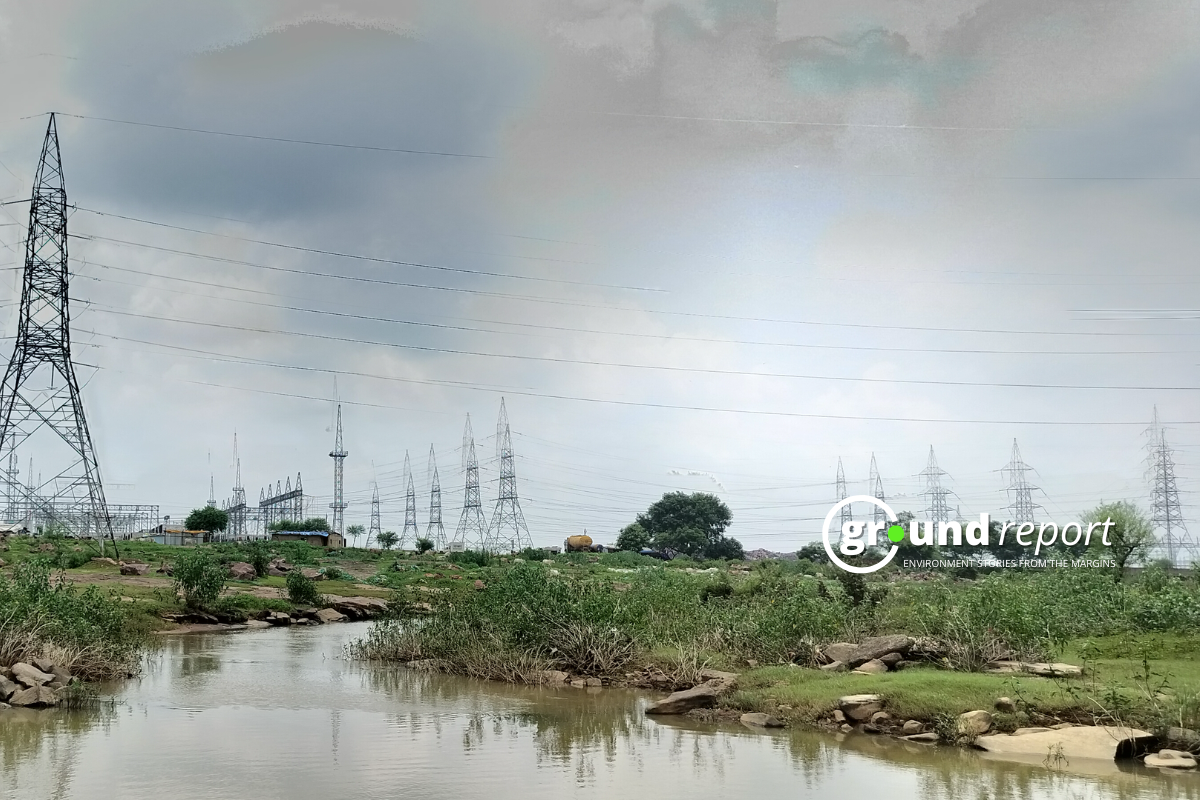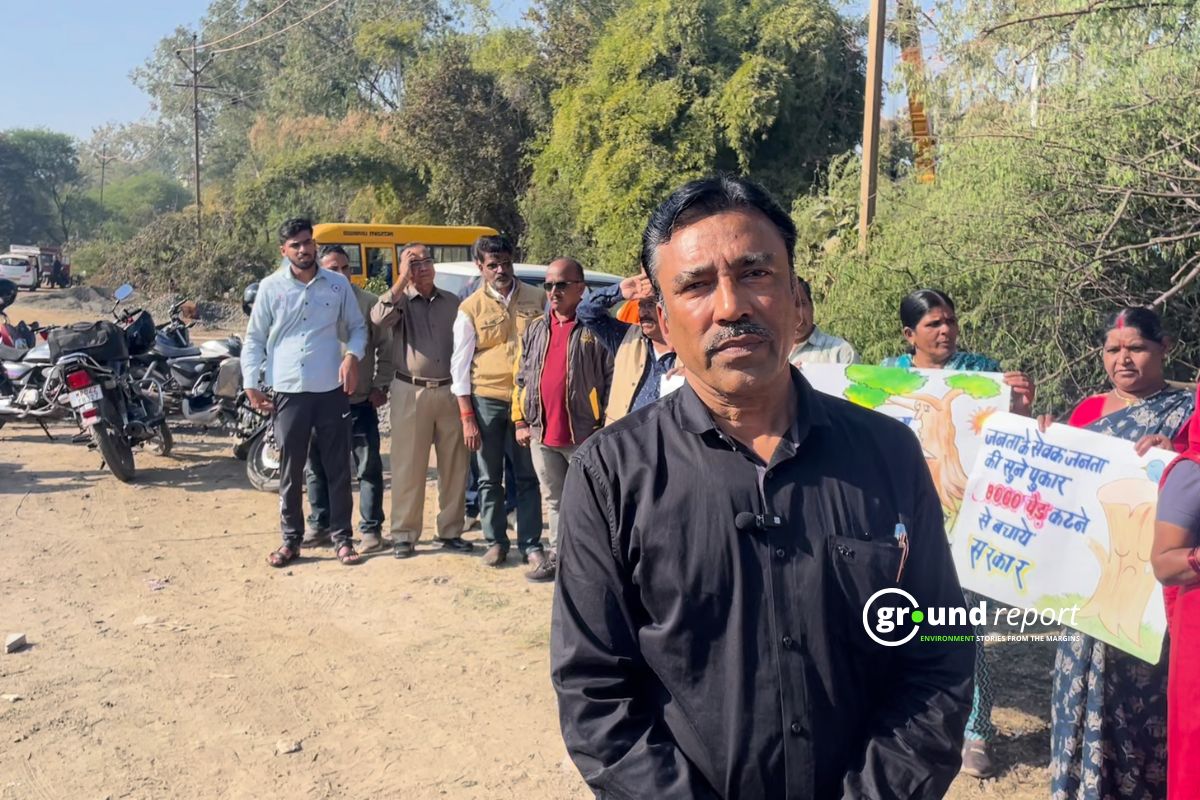A first-of-its-kind analysis shows that a major share of the 2023 increase in electricity demand came from a summer power demand surge. A new Climate Trends report highlights how rising temperatures pressure power grids, resulting in increased dependence on fossil fuels.
Heatwaves increase power demand reliance
The surge in power consumption was driven by the need for cooling appliances like air conditioners and fans, leading to greater dependence on fossil fuels. This pattern is expected to continue in 2025, as India experiences record-breaking temperatures. Experts emphasize the urgent need to shift towards renewable energy sources to manage growing power demand and reduce carbon emissions.
India’s fossil fuel consumption increased by 3% in 2023 due to higher summer power demand. Nearly 2,853 million units of electricity were generated from fossil fuels to meet this demand, resulting in over 2 million tons of additional carbon emissions. The study links heatwaves and rising electricity consumption, particularly in urban areas with more access to cooling systems.
Dr. Manish Ram, the lead analyst of the study, explained that the rapid increase in power demand is often attributed solely to economic growth. However, the report finds that rising temperatures have pushed power demand to record highs. “We’ve misunderstood the sudden increase in power demand as a sign of only economic development. While there has been development across the country that has resulted in a surge in power demand over the years, our analysis shows that rising temperatures are causing an additional surge in peak power demand,” said Dr. Ram.
The study finds a direct correlation between increased power demand and heatwaves, evident in urban and affluent areas, while rural and underdeveloped regions see flat power demand during heatwaves due to inadequate infrastructure and cooling appliance affordability.
Urban demand rises, rural lacks electricity
The report highlights a key difference between urban and rural areas. In cities and affluent regions, power demand spikes during heatwaves due to widespread air conditioner use. In contrast, rural areas see little to no change in power consumption during extreme heat due to inadequate electricity infrastructure and high cooling appliance costs. This disparity indicates the urgent need for improved access to reliable electricity in underdeveloped regions.
India is experiencing record-breaking temperatures in 2025. February was the hottest since 1901, and the India Meteorological Department (IMD) predicts an even warmer summer. The peak power demand in February reached 238 GW, with increases expected in March and April. With more frequent and intense due to climate change, India’s electricity grid will face mounting pressure to meet rising demand.
Archana Choudhary, Associate Director at Climate Trends, warned that dependence on fossil fuels for electricity during heatwaves creates a vicious cycle. “Rising temperatures increase electricity demand, leading to greater fossil fuel consumption, worsening climate change. This feedback loop makes heatwaves more severe,” she explained. Choudhary emphasized the importance of increasing renewable energy capacity and setting higher annual targets to reduce reliance on fossil fuels.
The International Energy Agency (IEA) reported similar trends in other countries, highlighting how extreme weather events are risking energy infrastructure. IEA Executive Director Fatih Birol stated that heatwaves are now a major threat to global energy security.
Dr. Ram echoed these concerns, noting India’s situation is part of a global trend. “We see the same pattern in many countries. Rising global temperatures increase power demand, and if we continue burning fossil fuels to meet this demand, we worsen the problem,” he said.
Heatwaves threaten global energy security
“Global temperatures are rising due to continued reliance on fossil fuels. Increasing temperatures are leading to higher power demand, and we seem to be burning more fossil fuels to meet it. This trend is not just in India, with similar patterns in many countries. Reliance on fossil fuels to supply increased power demand during heatwaves exacerbates the dire situation. It increases the chances of extreme weather events and poses a serious problem to India’s energy security,” said Dr. Ram.
The report recommends the government urgently meet summer peak power demand from clean and renewable sources to reduce dependence on high-emitting fossil fuels, contributing to global warming and rising temperatures in climate-vulnerable countries like India. It also recommends using energy-efficient appliances, sustainable buildings, and ensuring equitable energy access across rural and urban areas.
With rising temperatures and soaring electricity demand, India faces a crucial energy challenge. Without urgent action, the dependence on fossil fuels will worsen climate change, leading to more severe heatwaves. Experts stress that investing in renewable energy and energy-efficient solutions is the only way to ensure a sustainable and reliable power supply. As India prepares for another scorching summer, policymakers must take immediate steps to protect the energy grid and the environment.
Support us to keep independent environmental journalism alive in India.
Keep Reading
California Fires Live updates: destructive wildfires in history
Hollywood Hills burning video is fake and AI generated
Devastating wildfire in California: wind, dry conditions to blame?
Los Angeles Cracks Under Water Pressure
From tourist paradise to waste wasteland: Sindh River Cry for help
Follow Ground Report on X, Instagram and Facebook for environmental and underreported stories from the margins. Give us feedback on our email id greport2018@gmail.com.
Don’t forget to Subscribe to our weekly newsletter, Join our community on WhatsApp, and Follow our YouTube Channel for video stories.






